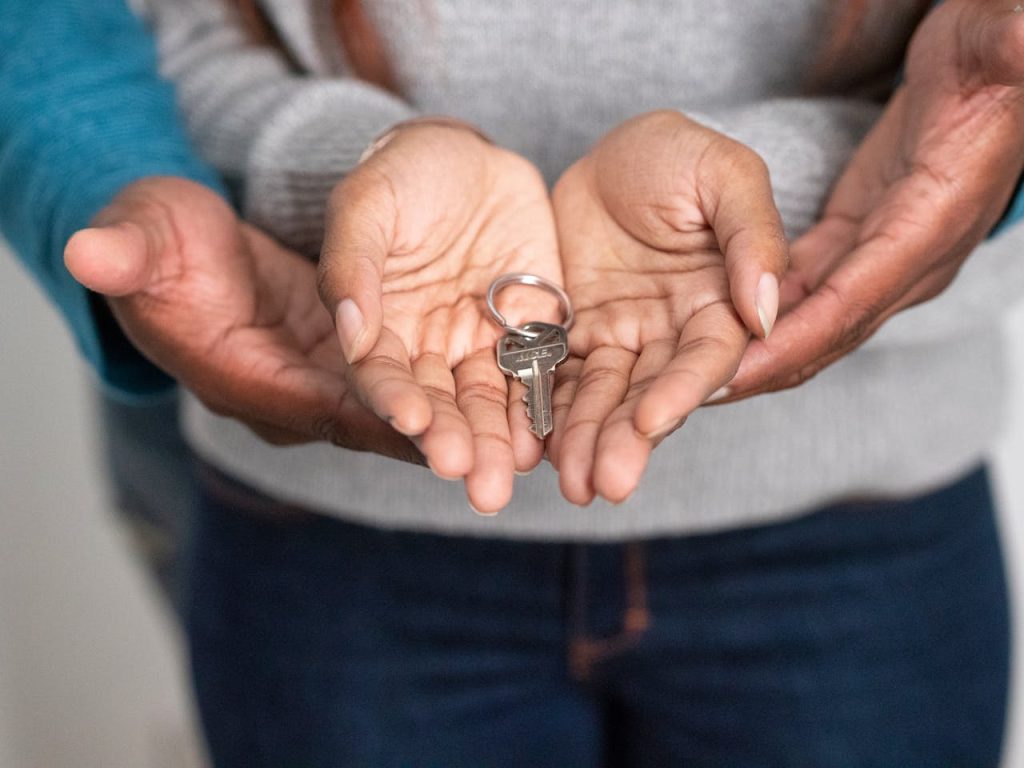
Joint property ownership seems straightforward—until a simple mistake in the paperwork causes a probate nightmare. Many families assume that listing two names on a deed guarantees a smooth transfer when one owner dies. Unfortunately, even tiny errors in joint deeds can send loved ones through the long and costly probate process. These mistakes are easy to overlook but can have serious consequences for your heirs. If your goal is to avoid probate pain, it pays to check your property documents with a careful eye. Here are six common slip-ups in joint deeds that can cause real trouble.
1. Misspelled Names
It might sound trivial, but a misspelled name on a joint deed can create major headaches. Probate courts rely on exact legal names to determine ownership. If your name is spelled “Johnathan” on the deed but “Jonathan” everywhere else, your heirs may need to prove the two are the same person. This simple error can slow down the transfer of property and drag your family into probate court.
To avoid this, always double-check that every name on the deed matches government-issued IDs and other legal documents. If you spot a mistake, correct it as soon as possible. Even a missing middle initial can be enough to cause confusion and probate pain.
2. Incorrect Form of Ownership
Not all joint ownership is created equal. The way you hold title—such as “joint tenants with right of survivorship” or “tenants in common”—directly affects whether your property skips probate. If the deed doesn’t clearly state the form of joint ownership, state law may treat it as tenants in common. That means your share could end up in probate instead of passing automatically to the other owner.
This is a common source of probate pain. Double-check your deed for clear language about right of survivorship. If you’re unsure, consult a real estate attorney or check out the basics of joint property ownership to ensure your deed reflects your wishes.
3. Missing or Outdated Marital Status
Marital status matters more than you think on a joint deed. If your deed lists you as “single” but you married after purchasing the property, or if it doesn’t reflect a divorce, courts may question who truly owns the property. Outdated marital status can open the door to probate challenges from current or former spouses.
Always update your deed after a marriage or divorce. Even if both names are on the deed, an ambiguous marital status can complicate things, leading to probate pain for your heirs.
4. Using Nicknames Instead of Legal Names
Many people use nicknames in daily life, but deeds require your full legal name. A deed listing “Mike Smith” instead of “Michael J. Smith” can lead to confusion, delays, and—yes—probate pain. The probate court may require extra paperwork to prove identity, slowing down the transfer of your property.
Always use the name that appears on your driver’s license, passport, or other official documents. This tiny detail can make a huge difference in avoiding probate problems.
5. Failing to Update After a Death
When one joint owner passes away, the surviving owner often assumes the property is automatically theirs. However, if the deed is not updated to reflect the change, the property can still get tangled in probate. This is especially true if new joint owners are added later or if the surviving owner remarries.
To prevent probate pain, file an affidavit of survivorship or similar document with your county recorder as soon as possible after a co-owner dies. This step ensures the public record accurately reflects current ownership and helps your heirs avoid unnecessary legal hassle.
6. Omitting Key Language About Survivorship
The phrase “with right of survivorship” is critical in joint deeds. Without it, your share of the property may not automatically pass to the other owner when you die. Instead, it could become part of your estate and go through probate. This omission is one of the most common and costly errors in joint deeds.
If you want to avoid probate pain, confirm that your deed includes the right language. If in doubt, a quick review with an estate attorney can save your family a lot of trouble later.
How to Prevent Probate Pain from Joint Deed Errors
Small mistakes in joint deeds can have big consequences. The best way to avoid probate pain is to review your property documents regularly. Check for correct names, up-to-date marital status, and clear language about survivorship. If you spot an error, take action right away—don’t wait for a problem to surface during a stressful time.
It’s also smart to get professional advice. Real estate and estate planning attorneys can help you spot and fix issues before they cause headaches.
Have you ever dealt with probate pain because of a joint deed error? Share your story or ask your questions in the comments below!
Read More
What Happens When You List a Child Jointly on Deeds Without Legal Advice
Why Real Estate Held in Your Name Can Complicate Probate for Decades
The post 6 Tiny Errors in Joint Deeds That Cause Probate Pain appeared first on The Free Financial Advisor.







